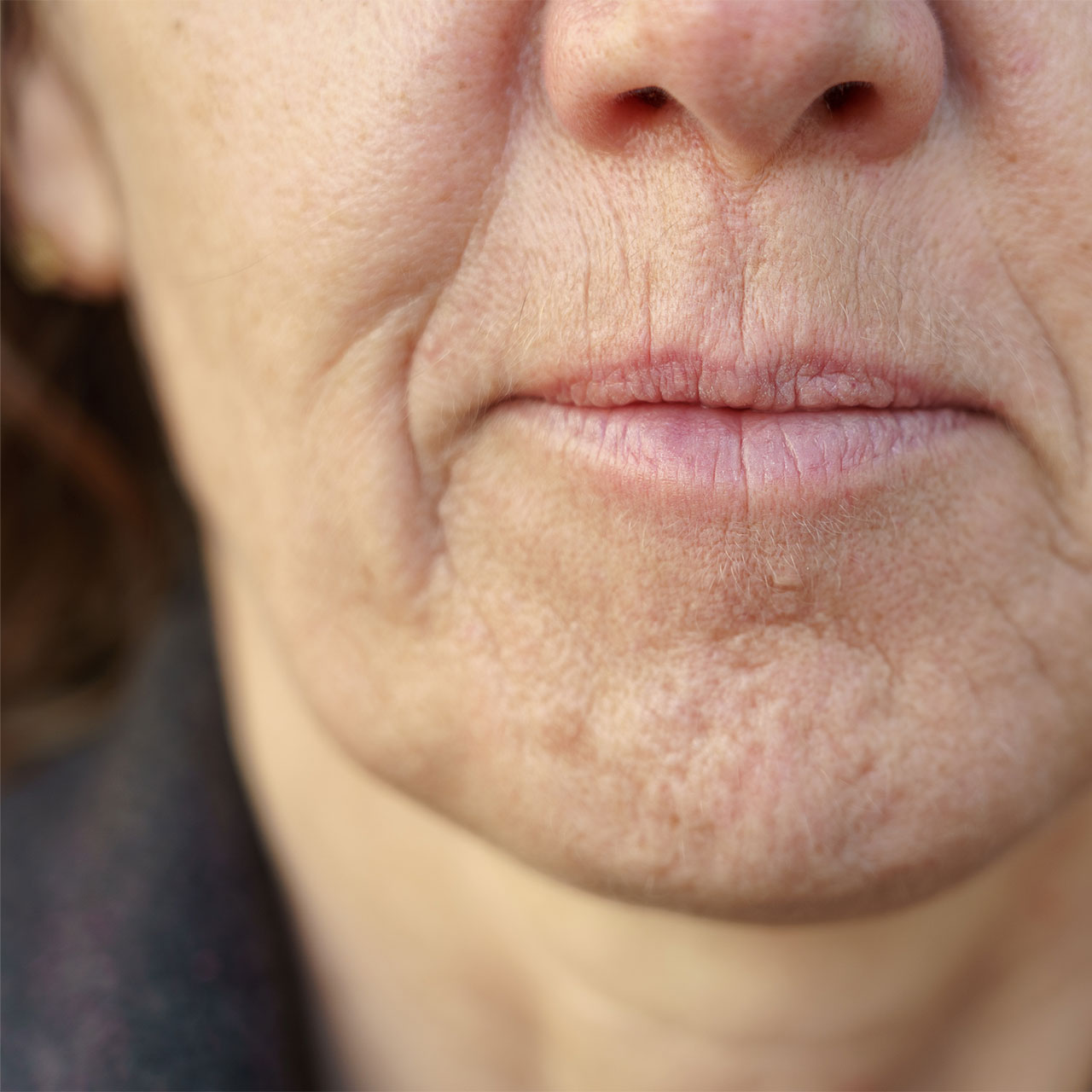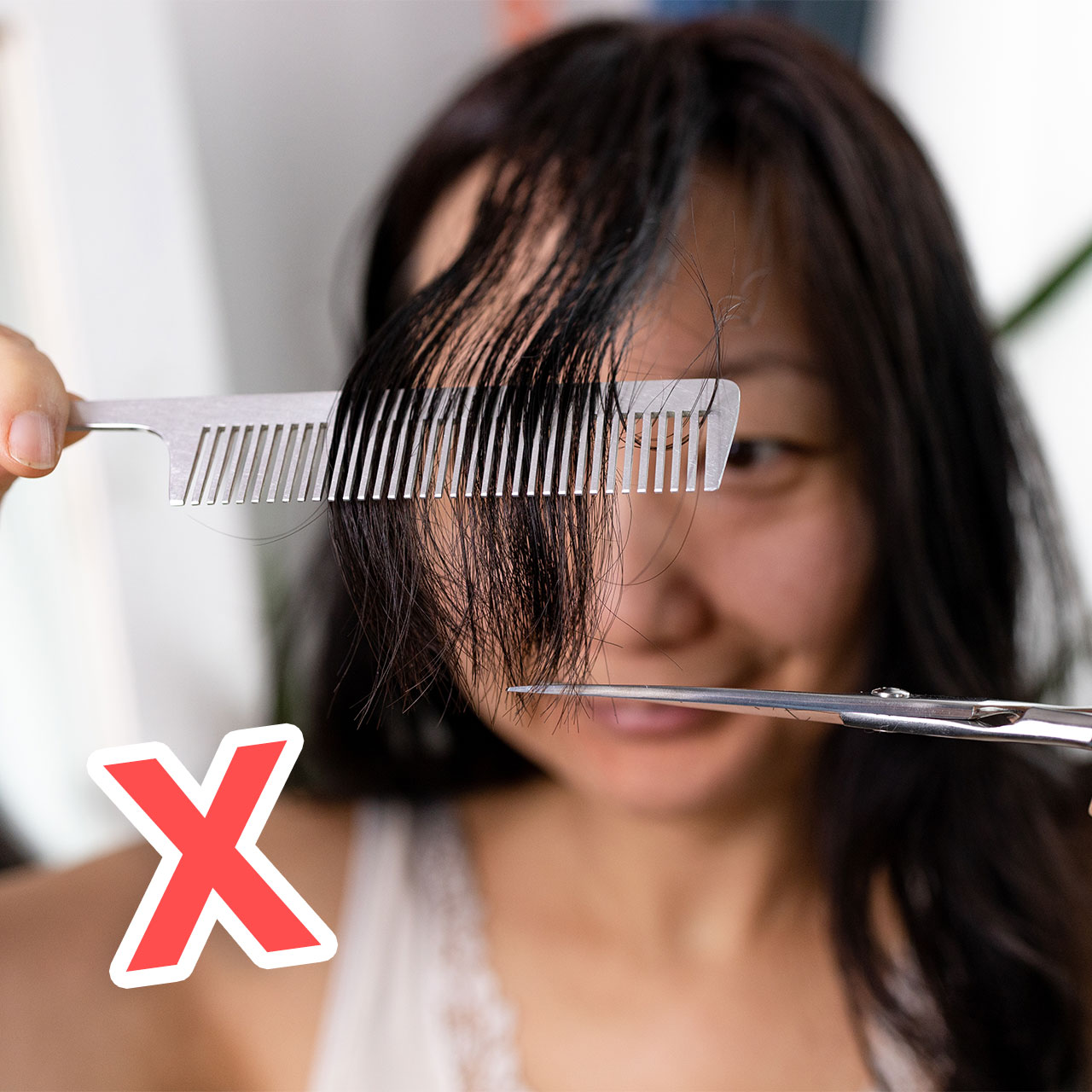This is an archived article and the information in the story may be outdated. Please check the time stamp on the story to see when it was updated last.
In your early 30s, your skin is still youthful, fresh, and there's a good chance most of your skin woes can be cured with a decent moisturizer and a good night's sleep. But you may be curious about all of the non-invasive injectables you've heard so much about and wondering whether a little preventative Botox or fillers is the right move for you.
[Photos: Shutterstock]
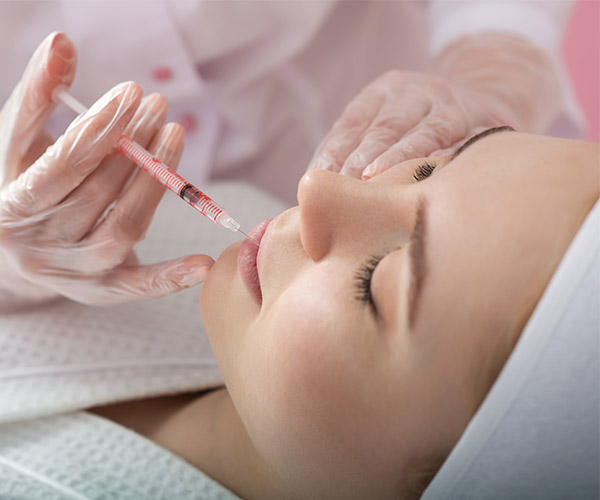
At this age, the last thing you want to do is go overboard and spend your hard earned money and time on procedures you don't really need. Board Certified NYC Dermatologist Dr. Debra Jaliman, who is also the creator of Sea Radiance products, cautions against using certain types of fillers and too much Botox (which can result in a frozen appearance) but says there are plenty of options for addressing early signs of aging.
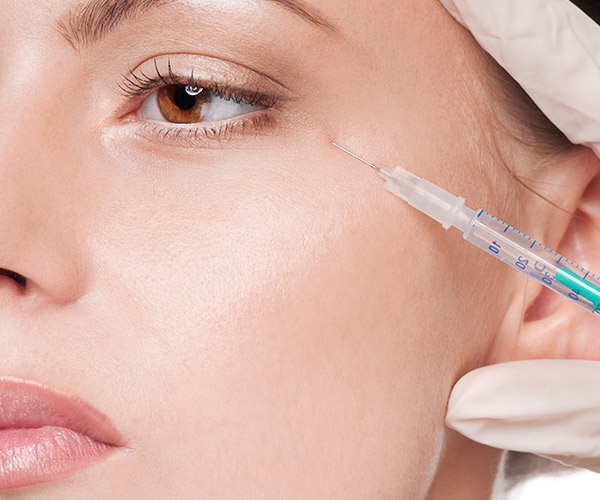
"For early Botox treatments when you are young I would recommend doing frown and crow's feet areas," Jaliman says. "If you have deep lines on your forehead then you can do the forehead as well. I wouldn't use a lot so it would look natural."
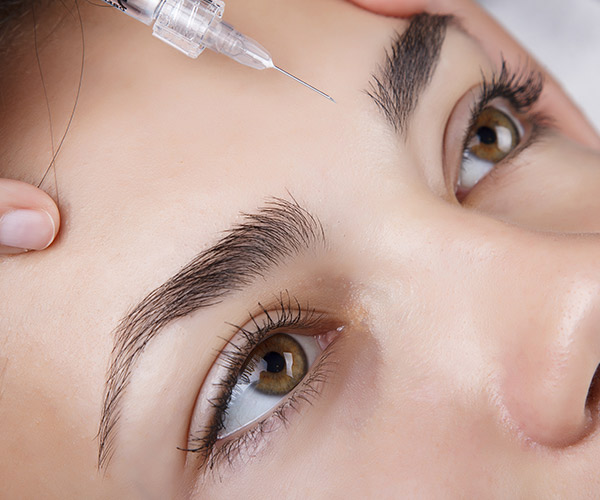
For beginner fillers, Jaliman recommends using light fillers like Belotero, which she says is thin and light. For fine lines, she says Restylane Silk or regular Juvederm Ultra work better than Juvederm Ultra plus, which is thicker and meant for deep fine lines.
"Stay away from Voluma if you are young — it's a very thick filler," Jaliman says. "People usually start using Voluma when they are 35-40 years of age or when cheeks start to flatten and sag. There aren't downsides; however, it's a very heavy filler and you wouldn't need it at a young age unless you genetically don't have cheekbones and want to have them."

Fillers are generally safe, Jaliman says, adding that if a patient has an infection after, they either had an infection to begin with or the filler wasn't performed in a sterile way.
Which leads to the last, crucial note about Botox, fillers, and any and all cosmetic procedures: do your research and choose a board certified plastic surgeon or dermatologist whose patient reviews indicate they are skilled at injectables. Groupons and other deals are great when they come from a reputable place — but can be dicey when the doctor performing them isn't skilled (or isn't even a doctor or trained nurse).











